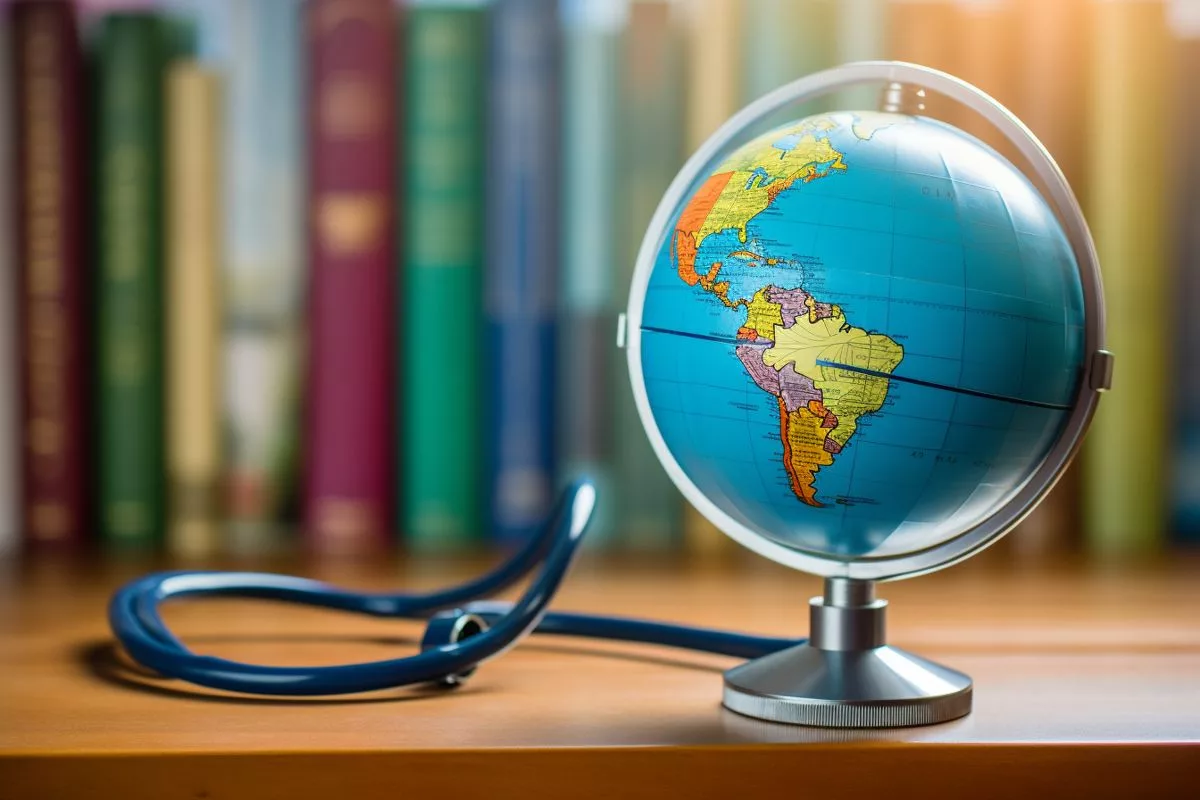Trust in science is crucial for social justice and growth in developing countries like South Africa. Minister Nzimande emphasized the significance of inclusivity in science and tackling gender and racial disparities to enhance trust in science. Building public confidence in science involves creating connections among the scientific community, policy decision-makers, and various communities, translating scientific language into local cultures and fostering a culture of public involvement in science. These efforts are vital for Africa’s sustainable development and social justice.
What is the importance of trust in science for social justice and growth in South Africa and the African continent?
Trust in science is crucial for fostering social justice and growth, especially in developing countries like South Africa. Minister Nzimande emphasized the significance of inclusivity in science, tackling gender and racial disparities, and eliminating obstacles to participation to enhance trust in science. Additionally, building public confidence in science involves creating connections among the scientific community, policy decision-makers, and various communities, translating scientific language into local cultures, and fostering a culture of public involvement in science.
Section One: The Complexity and Importance of Trust in Science
Experiencing an era of remarkable scientific and technological progression, the world has transformed significantly. However, an equally notable obstacle has emerged: establishing and preserving trust in science, particularly at the crossroads of science, policy, and society. This obstacle intensifies in the settings of developing countries. Minister Nzimande of South Africa is a crucial personality in answering this question, having recently taken part in a UNESCO General Conference panel discussion titled “Building trust in science at the intersection of science, policy, and society” in Paris. His insights provide a persuasive viewpoint concerning the essentiality of trust in science to foster social justice and growth, not only for South Africa but also throughout the African continent.
Section Two: Strengthening Social Justice in Science
Minister Nzimande offered valuable learnings from South Africa’s execution of the 2022 World Science Forum. The forum’s motif, “Science for Social Justice,” highlighted the necessity for science to serve as an instrument of social justice. This commitment was reflected in the Forum’s Declaration, which called to policymakers, scientists, and society in general. Minister Nzimande stressed the significance of inclusivity in science, tackling gender and racial disparities, and eliminated obstacles to participation. These measures, according to Minister Nzimande, are vital for enhancing trust in science.
The topic of science’s ethics and integrity was also spotlighted, particularly concerning technological applications such as Artificial Intelligence. These technologies have the potential to contribute significantly to human progress but can also be misapplied for destructive purposes. The UNESCO Recommendation on Science and Scientific Researchers, along with the UNESCO Recommendation on Open Science, were recognized as excellent frameworks for fostering trust in science. These frameworks promote human rights, inclusivity, freedom, responsibility in science, and open access to research findings and data.
Section Three: Building Trust in Science for Africa’s Future
Trust in science becomes especially essential in the context of Africa’s prospective development. The African Union is formulating a fresh 10-year Science, Technology, and Innovation strategy, with the principle of ‘bolstering trust in science’ forming the core of this plan. According to Minister Nzimande, building public confidence in science involves creating connections among the scientific community, policy decision-makers, and various communities. This process includes translating scientific language into local cultures, idioms, traditions, and lifestyle while ensuring a respectful coexistence between formal science and indigenous knowledge systems.
Minister Nzimande suggested three methods for incorporating trust in science into the African Union’s upcoming strategy. The first involves effectively communicating science to the public, particularly during complex scenarios like the COVID-19 pandemic. The second focuses on proving that public science is devoted to the goals of public good and social justice. Minister Nzimande used a ‘just energy transition‘ as an example to underscore the necessity of public backing for ambitious policy changes. The third method involves fostering efficient locally-contextual cultures of public involvement in science, which would help build trust and integrity over time.
The primary message from Minister Nzimande’s participation in the UNESCO panel discussion was unequivocal: trust in science is vital for Africa’s sustainable development and social justice. To reach this goal, a concerted effort is necessary to foster social justice in science, ensure inclusivity, uphold ethical conduct, and cultivate a culture of public involvement in science. This mission is ambitious, but the stakes are high. As we progress, these insights from South Africa’s experiences and vision for the future offer a priceless guide for nations worldwide facing the intricate challenge of nurturing trust in science at the intersection of science, policy, and society.
1. Why is trust in science important for social justice and growth in developing countries like South Africa?
Trust in science is crucial for fostering social justice and growth, especially in developing countries like South Africa. Minister Nzimande emphasized the significance of inclusivity in science, tackling gender and racial disparities, and eliminating obstacles to participation to enhance trust in science. Additionally, building public confidence in science involves creating connections among the scientific community, policy decision-makers, and various communities, translating scientific language into local cultures, and fostering a culture of public involvement in science.
2. What is the significance of inclusivity in science?
Inclusivity in science is crucial for building trust in science. Minister Nzimande stressed the importance of tackling gender and racial disparities, eliminating obstacles to participation, and promoting a culture of public involvement in science to enhance public confidence in science.
3. What does the 2022 World Science Forum’s “Science for Social Justice” motif entail?
The 2022 World Science Forum’s “Science for Social Justice” motif highlights the necessity for science to serve as an instrument of social justice. The Forum’s Declaration called for policymakers, scientists, and society in general to prioritize inclusivity in science, tackle gender and racial disparities, and eliminate obstacles to participation to enhance trust in science.
4. How can ethics and integrity in science be promoted?
The UNESCO Recommendation on Science and Scientific Researchers, along with the UNESCO Recommendation on Open Science, were recognized as excellent frameworks for fostering trust in science. These frameworks promote human rights, inclusivity, freedom, responsibility in science, and open access to research findings and data. Minister Nzimande emphasized the importance of upholding ethical conduct and promoting integrity, particularly concerning technological applications like Artificial Intelligence.
5. What is the African Union’s upcoming plan regarding science, technology, and innovation?
The African Union is formulating a fresh 10-year Science, Technology, and Innovation strategy, with the principle of ‘bolstering trust in science’ forming the core of this plan. Building public confidence in science involves creating connections among the scientific community, policy decision-makers, and various communities, translating scientific language into local cultures, idioms, traditions, and lifestyle while ensuring a respectful coexistence between formal science and indigenous knowledge systems.
6. What are some methods to incorporate trust in science into the African Union’s upcoming strategy?
Minister Nzimande suggested three methods for incorporating trust in science into the African Union’s upcoming strategy. The first involves effectively communicating science to the public, particularly during complex scenarios like the COVID-19 pandemic. The second focuses on proving that public science is devoted to the goals of public good and social justice. The third method involves fostering efficient, locally-contextual cultures of public involvement in science, which would help build trust and integrity over time.








